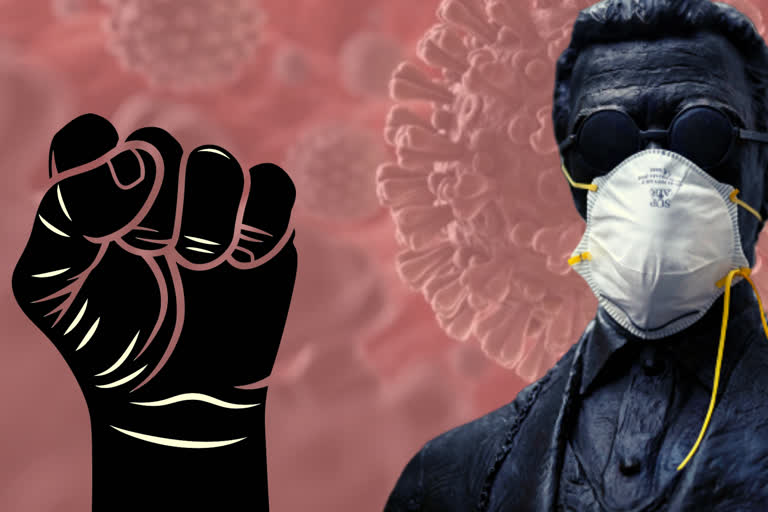Hyderabad: At a time when the world is struggling to curb the spread of coronavirus, Taiwan has set an example for global superpowers with its approaches to take on the pandemic.
Despite being located just less than 150 kilometres from China, the epicentre of the virus outbreak, Taiwan has reported a very less number of cases with a much lower infection rate.
Soon after virus outbreak in the Chinese city of Wuhan, the swift and sensible action taken by Taipei to minimise the chances of getting affected with the virus in now paying off.
Small medic teams to reduce community spread
What can be termed as a major step taken by the Taiwan government to minimise the further spread of the virus is, Taipei first reduced the size of the workgroup within hospital facilities. It helped the nation to reduce community spread risk in hospitals which could have triggered from the patients undergoing treatment there.
Taiwan made a provision that everyone must go through an infrared thermometer checkpoint and present their personal health card before entering the Taipei Medical University Hospital.
Also Read: China honors virus victims with 3 minutes of reflection
The size of the workgroups in hospitals was reduced to two-third and the ratio between the workgroups and patients maintained constantly. The move helped Taiwan to control the spread of the virus without compromising with the treatment standards.
High bed-per-capita ratio
In April, the world reported nearly 7,00,000 COVID-19 cases with over 30,000 death, Taiwan registered only 300 cases with only five deaths.
Though the number stood remarkably low but Taiwan remained prepared with back up plans to tackle if the situation worsens further.
Also Read: Virus fatalities, unemployment jump in Europe, US
The country remained prepared with 1,000 negative pressure isolation rooms with a provision to add more rooms in the hours of need.
Teamwork yields result
The coordination between the health department and central government helped Taiwan to keep the virus at bay.
Within the country’s nationalised healthcare system, each citizen was provided with a health card, embedded with a chip, that reflects their identity and medical history. This helped the health workers to treat the patients quickly and effectively.



